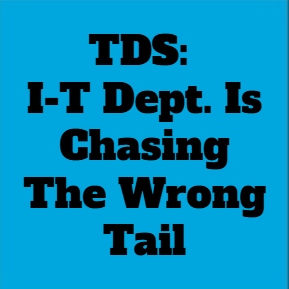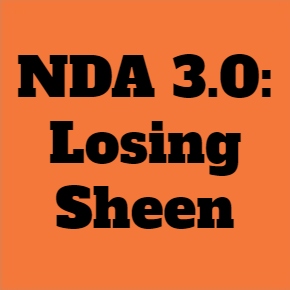

By Sunil Garodia
First publised on 2020-10-13 14:50:15
When a particular professional community is made the target of thinly-disguised slander by a section of the media (mainstream and 'respected' television channels) under the garb of freedom of speech, if that community does not take a stand to protect its hard-earned reputation, it emboldens the media on the one hand while creating an impression in the public mind that what the media is portraying is true on the other.
For the last couple of months, a section of the media has thrown all journalistic ethics to the winds and has merrily indulged in mud-slinging based on half-truths, innuendos and sometimes news sourced from dubious sources to target the film industry in Mumbai. They have carried meaningless interviews of every Tom, Dick and Harry and have presented things in such a way as to make out that almost the entire film industry is composed of junkies.
Such biased and targeted reporting and editorial policy is yellow journalism. Yes the media is protected under the Constitutional guarantee of freedom of speech but freedom cannot be absolute, neither for the ordinary citizen nor for the media. The media can say that criminal defamation laws exist in the country and the aggrieved persons can approach the courts for redress. But what should one do when people are not named and generalized reporting is done to malign the entire industry?
Creditably, the film industry has decided to hit back. It knows defamation suits cannot be filed as the channels have been cunning enough not to name anyone. Hence, it has sued a few television channels and their presenters and editors and other unnamed persons in the Delhi High Court to try and stop this kind of targeted and across the board defamation. Several big production houses and industry bodies have joined hands to ask the court to issue orders to restrain the defendants to refrain from making or publishing irresponsible, derogatory and defamatory remarks against the film industry. The industry says it is not seeking a gag order but wants the mud-slinging to stop.
While the section of the accused media has retorted with the usual homilies like it is ready to accept court cases as a corollary for fighting for truth, it is evident that things have gone too far, like they did when Tablighi Jamat and Shaheen Bagh protestors were also targeted similarly in the past. It is also evident that neither the Cable Television Networks (Regulation) Act, 1995 nor self regulation is working for the television media, even as cases of TRP rigging are also surfacing against some 'reputed' channels. The court must take cognizance of the petition and bring an end to this kind of daily mud-slinging on some television channels.











